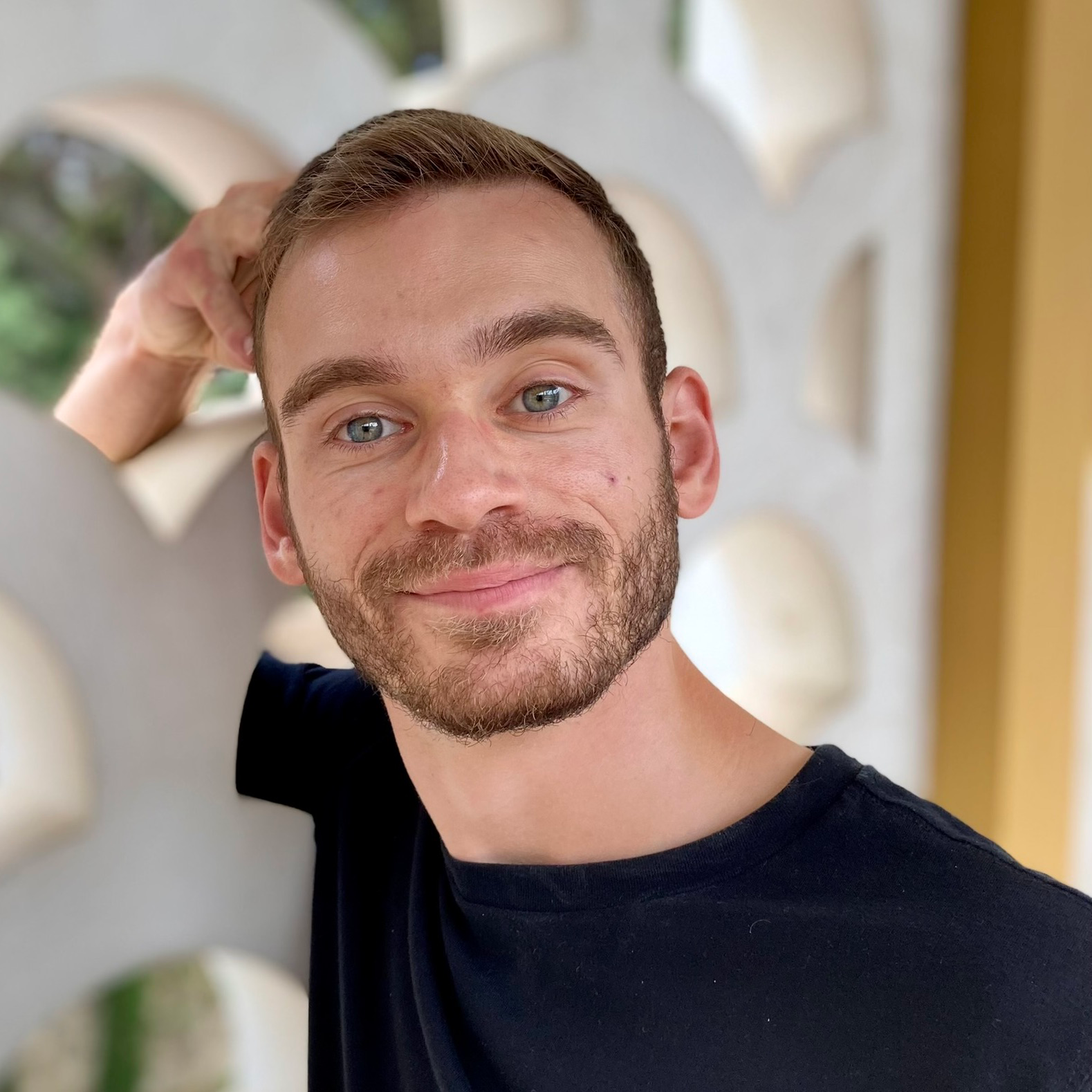To eat or not to eat: the psychology behind our meat-consuming choices
UCLA doctoral candidate Daniel Rosenfeld studies what we decide to put on our plates and why

Daniel Rosenfeld, UCLA social
psychology doctoral candidate
Jonathan Riggs | June 30, 2022
The saying, “You are what you eat” is dispensed by parents and diet gurus every day, but the original line that inspired it is far more complex: “Tell me what you eat, and I will tell you what you are.”
This deeply universal truth lies at the heart of research by Daniel Rosenfeld, a UCLA health and social psychology doctoral candidate, who studies the way people think, feel and behave when it comes to consuming — or not consuming — meat.
“Eating meat is central to a lot of the identities people hold, whether it’s their identity as a human being or as an American citizen. We often celebrate holidays by eating meat, from Fourth of July barbecues to Thanksgiving turkey,” says Rosenfeld. “Whether you think eating meat is moral or immoral, the choice has big implications for everyone.”
With more than 90% of the world’s growing population eating meat, scientists have long warned of the staggering environmental burden that industry places on the planet. One possible sustainable solution is cultured meat, a soon-to-be-available product grown in labs. One muscle biopsy from a cow could theoretically produce one billion beef burgers in less than two months without killing any animal, but getting humans to change their eating habits remains the biggest obstacle.
Rosenfeld and several of his UCLA colleagues, including his mentor, A. Janet Tomiyama, associate professor of psychology, and Amy Rowat, the inaugural Marcie H. Rothman Presidential Chair in Food Studies, published a paper outlining the challenges of bridging the gap between the science of cultured meat and public perceptions.
“Obviously, eating cultured meat would result in a lot less animal suffering and is generally better for the environment, but people have to overcome their skepticism of how ‘natural’ or ‘safe’ it might be, or whether it will taste as good as conventional meat,” Rosenfeld says. “Plus, there is a lot of research suggesting that people hold a stereotype that eating meat is a masculine behavior, and so it’s definitely a barrier for a lot of men especially to consider eating less or no meat.”
Beyond cultured meat, it’s inevitable that the world’s eating behaviors will continue to evolve; very few people today eat the same way someone might have 100 years ago, for example. While part of that is due to changing resources, improved processes and a greater understanding of nutrition, a lot is due to following social norms. The push to dietarily conform remains strong, as it is based in evolutionary choices that ensured our species’ survival — eating a food source you had seen members of your social group eat without suffering ill effects was a lot safer than trying a brand new food source.
“Today, the food system is a lot more complicated, and following social norms just because they’re there is not a foolproof method,” Rosenfeld says. “I would encourage everyone to really think about why they make certain decisions to eat or not eat certain things, question the root of those behaviors and decide if they really are the most advantageous for you. I want people to engage with my research and look at their eating behaviors with fresh eyes.”
Rosenfeld, who has cerebral palsy, is a former member of the U.S. Junior National Paralympic table tennis team, won a bronze medal in the sport at the U.S. Open earlier this year and is a nationally certified coach.
“Whether it’s competing in the Paralympics or pursuing research in academia, I’m interested in being an advocate for other people with disabilities,” he says. “I’m especially proud to be here at UCLA, a world renowned place for both psychology and food research. I hope the research that I do here will shed more light on how we can help make our world healthier and more sustainable.”
For more of Our Stories at the College, click here.




